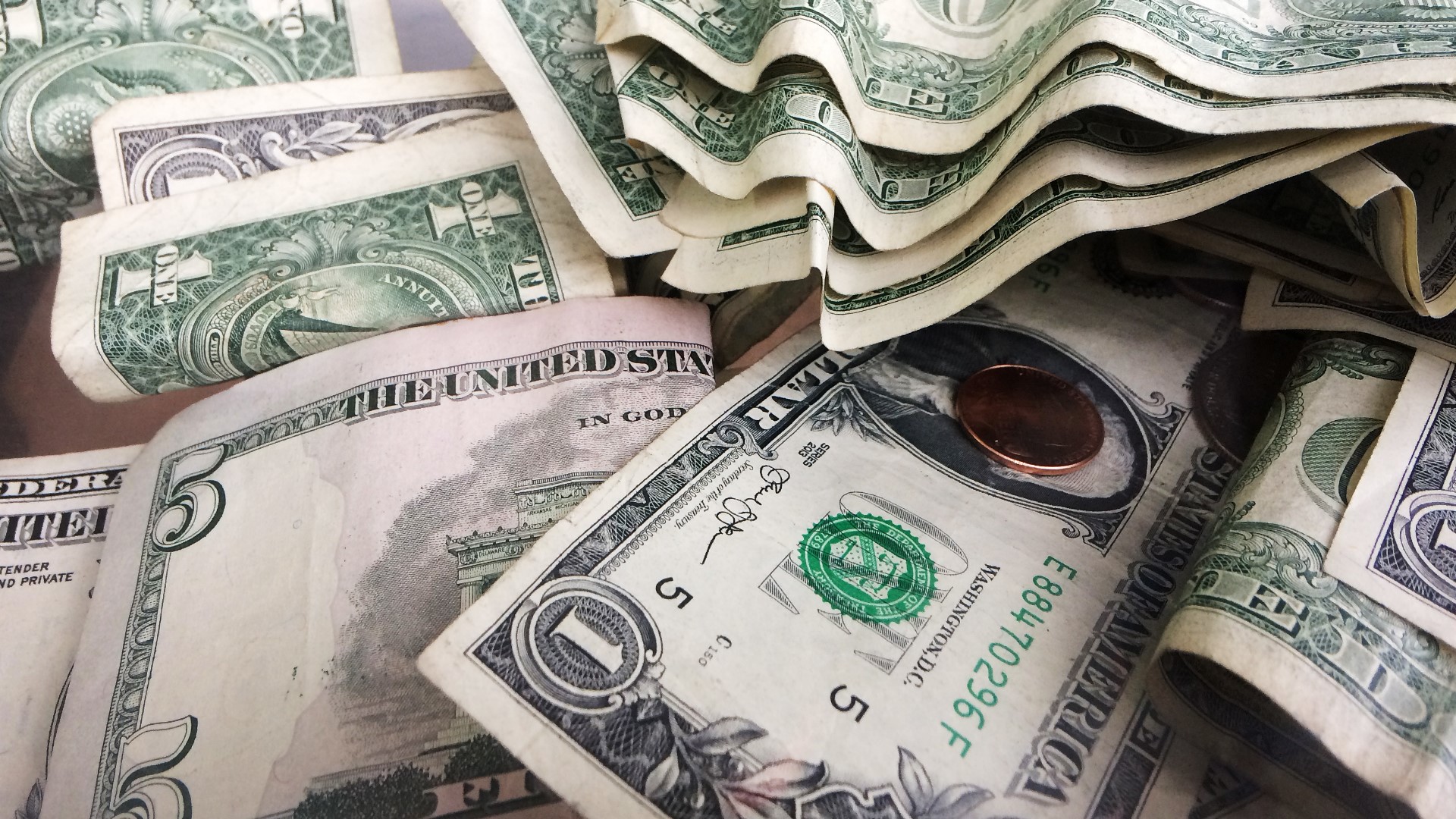WASHINGTON — With the high-profile collapses and near-misses in the banking world over the past few weeks, plus the Fed’s interest hike announced just two days ago, we know you have all sorts of questions about how to keep your money safe.
THE QUESTION:
What do you need to know about keeping your money safe now?
THE SOURCES:
THE ANSWER:
Experts advise most people should carry on with their financial activity as usual.
WHAT WE FOUND:
First, let’s talk about your money in the bank, where for most people, yes, it’s perfectly safe thanks to a built-in “safety net” for a majority of accounts. The Federal Deposit Insurance Corporation (FDIC) ensures that if a bank fails, deposits are protected–up to $250 thousand dollars per account holder.
“So unless you have a quarter of a million dollars in a single bank in an account, it's not going to have a direct effect on you right now,” said American University Professor Mary Hansen.
Conventional financial wisdom is to keep no more than that in any given bank account anyway–in the case of Silicon Valley Bank, the FDIC stepped in and said they would insure larger accounts in this case.
“The most important thing for the average person is that regulators step in and prevent major collapses. And it's those major collapses that spill over onto Main Street and can cost people jobs that really affect the macro economy much more,” said Hansen. “So what the Fed and the other regulators are working to do right now is make sure that money stays in the banking system, because if we all overreact and pull our money out of the banking system, that's the sort of thing that causes collapse.”
Professor Hansen says yes, that means your retirement and other investment funds are still safe in banks too – because they aren’t exposed in the same way.
“The main way that the value of your assets could be affected is if this allows that the crisis is allowed to spill out onto the wider economy, causing, say, a depression in stock market prices overall.”
Though Northern Virginia Community College Professor Nakul Kumar says if you’re worried about the risk from overall economic uncertainty, consider familiarizing yourself with the types and risk levels of the accounts you have.
“It might be a good time to have conversations with your retirement advisors or your financial planners,” he said.
Yes, smaller banks face fewer federal regulations, which is why many have been working to reassure their customers since the SIVB and Signature bank news.
“They're less closely watched, I should say, than very large banks,” said Hansen.
The government’s also been working to reassure Americans by acting quickly, Kumar adds.
“Unlike 2008, we observe a much more concrete set of swift actions from the government to sort of reduce the panic associated with it ,” he said.
This week, after some speculation, yes, the Fed indeed opted to raise interest rates once again in their ongoing efforts against inflation.
"They've been signaling pretty strongly that they're going to continue raising interest rates until there they see inflation gets to that 2% target," said Hansen.
As of now, the biggest piece of advice from our experts is just to ensure you don’t have more than $250,000 in any one account, but otherwise you don’t really need to do anything right now.
"That's very unsatisfying advice, I know. Doing something always feels better than not doing something and waiting. But most of us should just wait and see what happens," said Hansen. "If we all overreact and pull our money out of the banking system, that's the sort of thing that causes collapse."
It’s worth sticking with the news, though, as we learn more about what regulators might do to prevent future banking collapses and to further tackle inflation.

